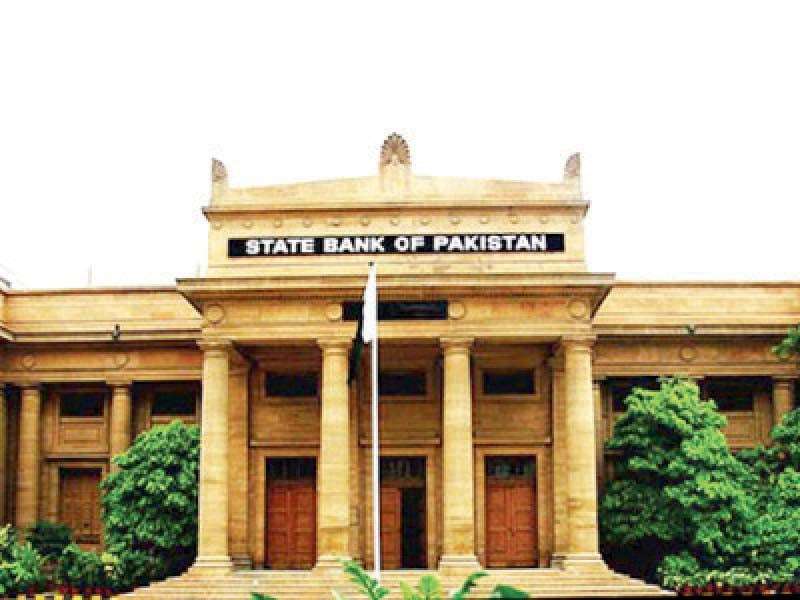Introduction
In a significant move to modernize its financial regulatory framework, the federal government of Pakistan has proposed amendments to the State Bank of Pakistan (SBP) Act. This initiative aims to enable dual nationals to hold leadership roles within the central bank and to legalize the use of digital currencies in the country. This proposed shift represents a marked change in the government’s stance on financial policy, signaling an intention to adapt to the evolving global financial landscape.
Key Proposed Amendments
Allowing Dual Nationals in Leadership Roles
One of the most notable changes suggested in the proposed amendments is the allowance for dual nationals to serve as the Governor, Deputy Governors, and non-executive directors on the SBP’s board. This change is particularly significant, as restrictions on dual nationals were imposed in January 2022 following amendments to the SBP Act, which were influenced by the International Monetary Fund (IMF) and the preferences of the then-governor. Importantly, the IMF did not specifically recommend this dual nationality restriction.
Background on the Restriction
The initial prohibition aimed to ensure that leadership roles within the SBP were held by individuals without conflicting national interests. However, as the finance ministry has indicated, the pool of candidates eligible for these critical positions has become increasingly limited. Finance Minister Muhammad Aurangzeb has acknowledged this issue, suggesting that revising the dual nationality condition might be necessary to attract qualified candidates.
Legalizing Digital Currency in Pakistan
In addition to enabling dual nationals to hold leadership positions, the proposed amendments seek to legalize digital currencies such as Bitcoin. This marks a significant departure from the SBP’s historically cautious approach to cryptocurrencies, which previously included public advisories warning against their use.
Introduction of Digital Currency Concepts
The proposed amendments introduce the concept of digital currency to the SBP Act for the first time. The amendments define digital currency as a “digital form of currency issued by the bank,” which could be recognized as legal tender in accordance with the existing laws governing currency issuance in Pakistan.
- Section 24 of the SBP Act currently authorizes the SBP to issue banknotes. The amendments propose to extend this authority to digital currencies, effectively permitting the SBP to manage Pakistan’s currency in both physical and digital forms.
- Furthermore, the SBP plans to establish a subsidiary dedicated to the development and operation of digital payment systems, which aligns with global trends toward digitization in financial transactions.
Regulatory Framework for Digital Currency
The proposed amendments also include specific provisions for regulating digital currency. The SBP would have the authority to conduct business related to central bank digital currencies (CBDCs) and would introduce penalties for unauthorized issuance of digital currencies. Any individual or entity found to be issuing digital currency illegally would face fines equivalent to twice the value of the unauthorized issuance.
Previous Stance on Digital Currencies
Historically, the SBP has issued advisories against virtual currencies like Litecoin, Pakcoin, and others, clarifying that these tokens were not recognized as legal tender. The central bank expressed concerns about the anonymity of virtual currencies, citing risks associated with illegal activities and the absence of legal protection for consumers in case of loss or fraud.
Implications of the Proposed Amendments
Enhancing Governance within the SBP
The proposed amendments not only facilitate the inclusion of dual nationals and the legalization of digital currencies but also aim to enhance governance structures within the SBP. Key changes include:
Expanding the Powers of the SBP Board
The SBP board’s powers would be expanded to include the approval of various financial reports, including the SBP’s annual report and half-yearly reports. This change is designed to improve transparency and accountability in the central bank’s operations.
Changes to Meeting Procedures
Amendments to section 9B, which governs SBP board meetings, would allow the board chairperson or three non-executive directors to call a meeting without requiring a “member” to do so. This adjustment aims to streamline governance processes and ensure more efficient decision-making.
Potential Challenges and Considerations
While these proposed amendments signal progress, they also raise several challenges and considerations for the government and the SBP:
- Regulatory Compliance: Ensuring that the new digital currency framework complies with international regulations and standards will be crucial. This includes addressing concerns related to anti-money laundering (AML) and combating the financing of terrorism (CFT).
- Public Awareness and Education: Legalizing digital currencies requires public awareness and education efforts to inform citizens about the benefits and risks associated with these new financial instruments.
- Market Stability: The introduction of digital currencies could have implications for market stability and consumer confidence. The SBP will need to establish mechanisms to monitor and regulate these currencies effectively.
ALSO READ:
Next Steps in the Legislative Process
The proposed amendments to the SBP Act have been vetted by the Ministry of Law and are currently awaiting approval from the federal cabinet. Following cabinet approval, the amendments will be presented to Parliament for deliberation and ratification.
Given the significance of these changes, it is expected that the proposed amendments will be met with interest from various stakeholders, including financial institutions, investors, and the general public.
FAQs
1. What is the purpose of the proposed amendments to the SBP Act?
The proposed amendments aim to allow dual nationals to hold leadership roles in the SBP and to legalize the use of digital currencies, reflecting a shift in Pakistan’s financial policy.
2. How will dual nationals benefit from the proposed changes?
The amendments will enable dual nationals to serve as governor, deputy governors, and non-executive directors on the SBP board, thereby expanding the pool of qualified candidates for these positions.
3. What are the implications of legalizing digital currencies in Pakistan?
Legalizing digital currencies could enhance financial inclusion, promote innovation in the financial sector, and align Pakistan with global trends in digital finance.
4. What measures will be in place to regulate digital currencies?
The SBP will have the authority to issue digital currencies and conduct CBDC business. Penalties will be introduced for unauthorized issuance of digital currencies.
5. What are the next steps for the proposed amendments?
The amendments require approval from the federal cabinet and Parliament before they can be enacted into law.
Conclusion
The proposed amendments to the State Bank of Pakistan Act represent a crucial step in modernizing the country’s financial regulatory framework. By allowing dual nationals to hold leadership roles and legalizing digital currencies, the government is taking significant strides towards integrating Pakistan into the global financial system. As the amendments move through the legislative process, stakeholders will be keenly watching the outcomes and potential implications for the future of finance in Pakistan.



